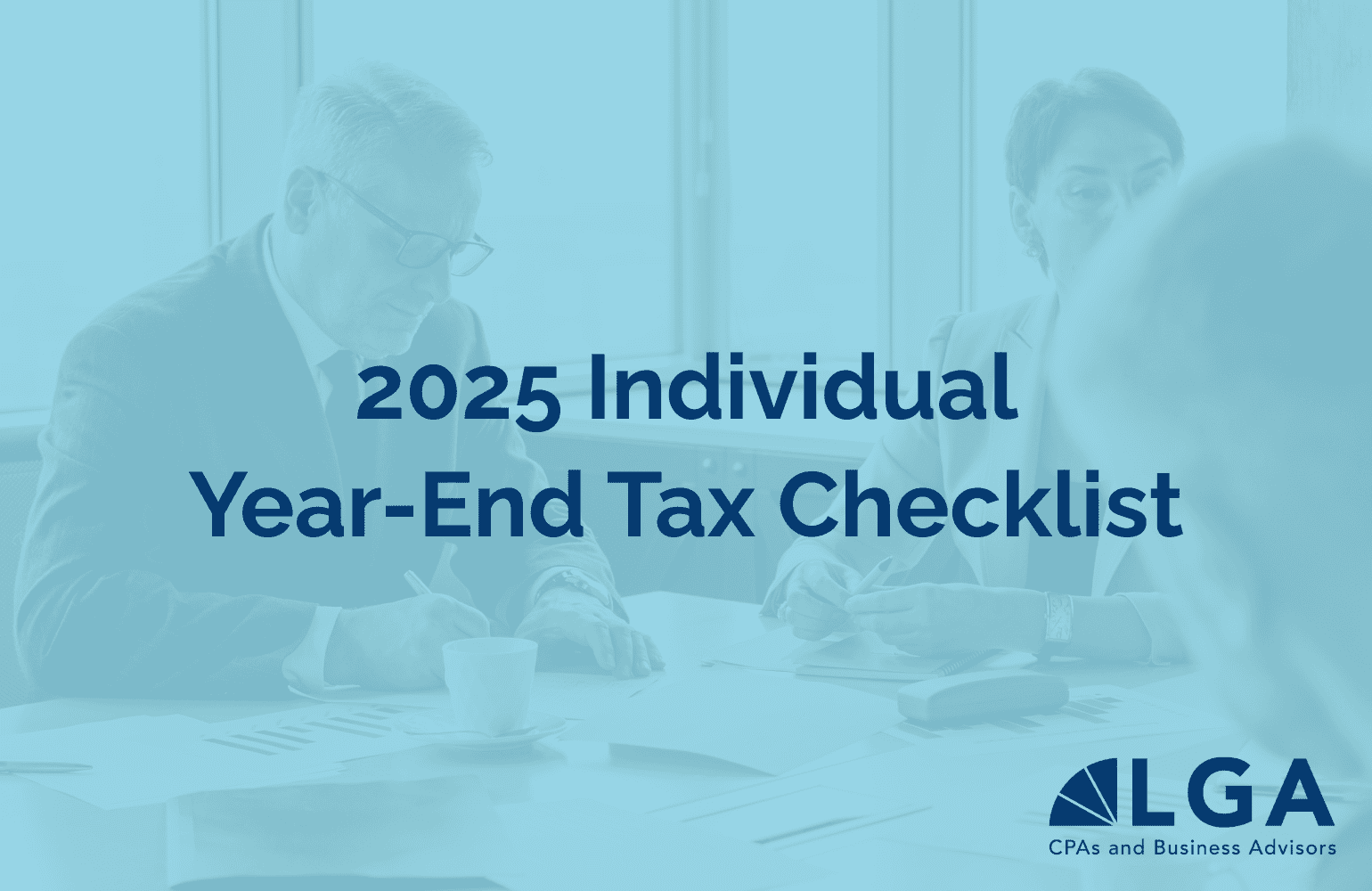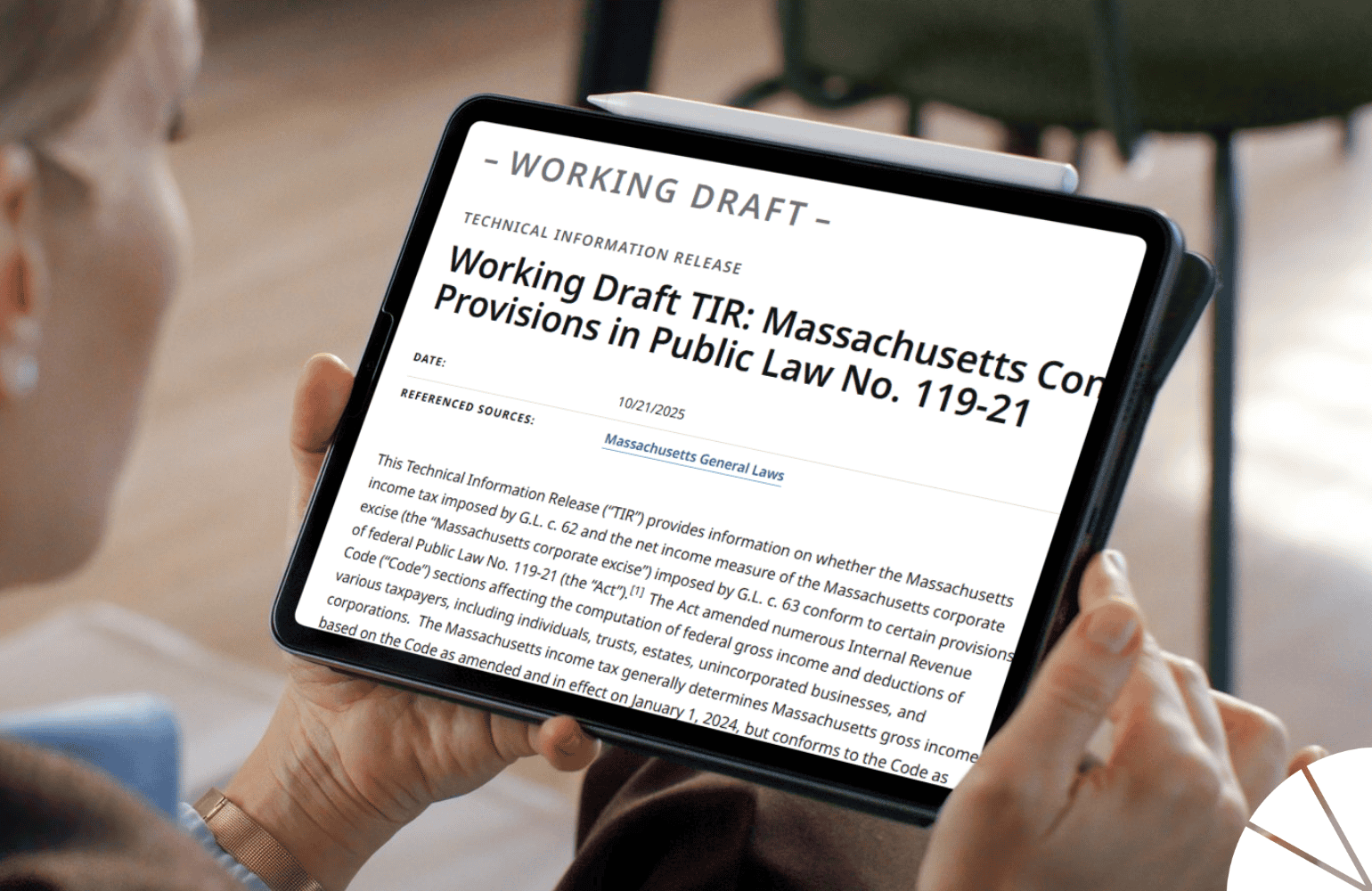
Trusts are effective estate planning tools, but many people don’t fully understand trustee responsibilities. Trustees must make objective decisions and take actions in the best interest of the trust and its beneficiaries. They have a lot of power, so you must choose someone you trust implicitly. Acting as a trustee can be complex and time-consuming, and the person you select may be personally liable for their actions in this role.
What are the primary trustee responsibilities?
The trustee is the legal owner of trust assets. This person acts as the custodian of the assets in the trust and is responsible for filing taxes for the trust and distributing assets according to the terms of the trust. Before you assume the role of trustee, you need to understand the terms of the trust and who the beneficiaries are. If applicable, you’ll need to ensure past financial account records are in order.
The trustee will be responsible for recordkeeping, which can include recording expenses, income, and other transactions. As the trustee, you must communicate regularly with the beneficiaries, which includes answering their questions and issuing statements of accounts and tax reports.
As the trustee, you are responsible for protecting the assets held in the trust. If the trust dictates trust assets are to be invested, you must do so in a way that preserves the assets and is productive for current and future beneficiaries. The trustee also holds the responsibility for making decisions in accordance with the provisions of the trust, which often includes discretion over when beneficiaries receive payments.
The level of discretionary power given to a trustee depends on the terms of the trust. For example, some trusts require the trustee to distribute all income earned to the beneficiaries, while others allow the trustee to make additional distributions as needed. In this case, the trustee has discretionary power to determine if a beneficiary has a legitimate need and for how much.
If you’re considering serving as a trustee, it’s essential to understand all the responsibilities and legal implications. These are general trustee responsibilities; however, each state has different rules, and each situation is unique. It’s best to consult with your CPA and estate planning attorney to ensure you understand your trustee responsibilities fully.
How do you choose the right trustee?
Often, the person who creates the trust is the trustee initially, but trustee responsibilities can change over time. For example, when you can no longer fill the role, whether due to incapacitation or death, a successor trustee takes over. Technically, almost anyone over the age of 18 can be a trustee, but you shouldn’t make the decision lightly. You need to ensure the individual is trustworthy and will be able to set aside their personal goals to follow the terms of the trust without wavering.
Friends and family are commonly appointed as trustees because they are generally trusted parties who understand relevant family dynamics. It’s important to consider their relationship with the beneficiaries and whether it will affect their ability to make unbiased decisions. You should make sure the individual understands the time commitment and potential legal implications and is willing to take on the trustee responsibilities.
If you do not have a friend or family member that is right for or willing to take on the role, you may consider a third-party, non-partial professional, such as a CPA, attorney, or trust company. It’s important to note that removing a trust company as a trustee can be difficult. CPAs are uniquely suited to serve as trustees, as they have the tax and financial know-how to handle compliance and asset distribution.
Contact LGA
LGA’s Individual & Family Tax Team is here to help families like yours create effective strategies that protect their assets and legacies. I collaborate with other professional advisors, such as attorneys and financial advisors, to provide clients across family members and generations with the highest level of service and guide them through the trust and estate tax process.
If you want to learn more about trustee responsibilities and how to make the right choice for your situation, contact me today!
by Marci Cohen, EA






